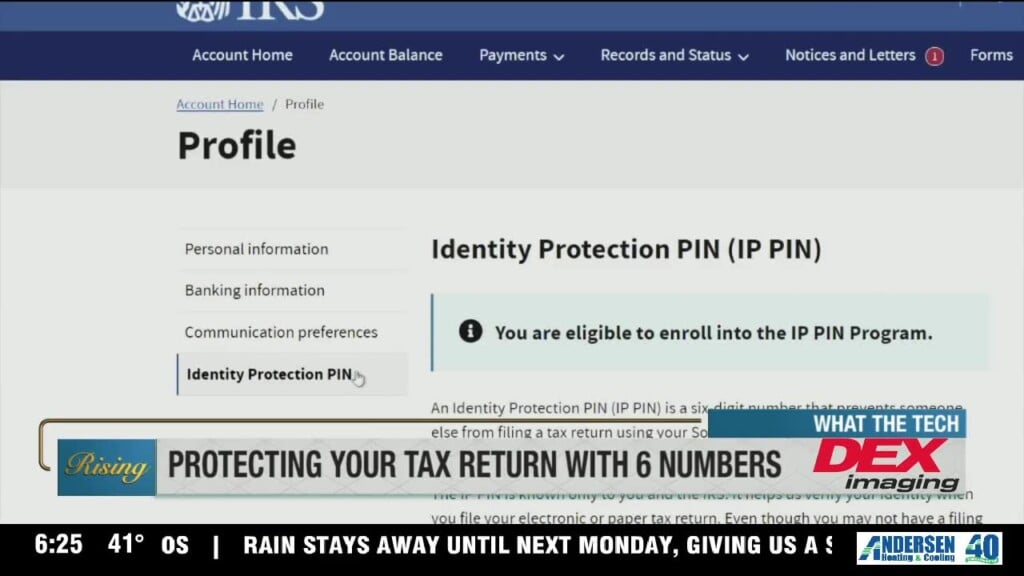Rock Hill Passes 1st Reading On Short-Term Rental Ban in Neighborhoods
ROCK HILL, S.C. – Rock Hill could become the latest city to ban short term rentals like Airbnb and VRBO.
It comes as cities across the country take similar actions, including just recently in New York City.
“They’re throwing us out of business, basically,” says Tom Hutto, who manages short term rentals.
He says it’s a family business.
“My wife manages the housekeepers, she cleans houses, my kids clean houses, I do repairs and maintenance,” Hutto says.
He owns 12 properties in Rock Hill that he advertises on Airbnb, VRBO, and his own website.
Now he’s worried the city could cut off his source of income.
Hutto is currently suing the city over existing restrictions and says he could lose more than $250,000 a year if the ban passes.
“Done nothing wrong. The only complaints we’ve had is that we exist,” he says.
Cities across the country are working to balance the business interests of people like Hutto and those of neighbors upset about strangers coming in and out of their communities.
In September, New York City put strict restrictions on short term rentals, eliminating most properties from being eligible.
In North Carolina, Asheville and Wilmington have 30 day minimum stays for home rentals.
In the Charlotte market, there are more than 5,000 active Airbnb rentals, according to data from AirDNA.
The average daily rental costs $182 and brings in an average annual revenue of $28,512.
“The tourism in the area, it’s just going to bring more people to the area,” says Rock Hill resident Chris Hart.
Hart lives in a neighborhood near Winthrop University.
His parents are coming into town next week for Thanksgiving and are staying at an Airbnb.
“You know, as long as it’s people like them. I have no problem with that, I mean all it does is help the economy,” Hart says.
Hutto says any concerns about guests bringing crime or partying isn’t backed up by the facts.
“My guests should actually be more afraid of the neighbors than the neighbors should be afraid of the guests, statistically,” Hutto says.
The ban would still need to pass a second reading before becoming law.
Short term rentals would still be allowed in areas zoned commercial.



